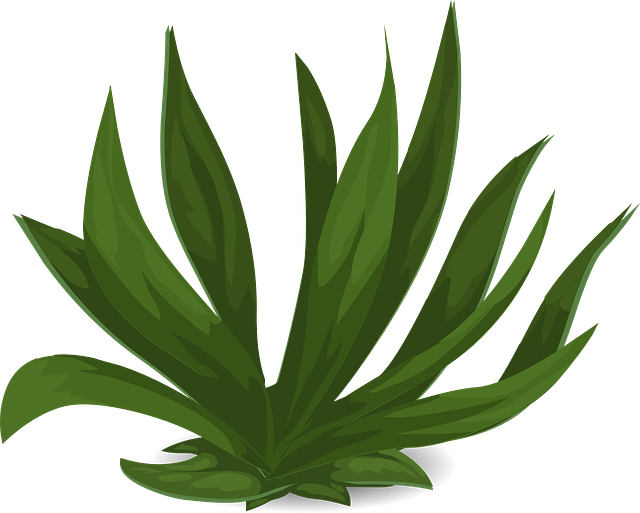Lawn care services are key to maintaining lush, appealing yards, offering both manual removal for small areas and integrated pest management (IPM) for larger lawns. IPM combines selective herbicides, cultural controls like optimal mowing, and eco-friendly tactics to reduce harmful pesticides, fostering a sustainable ecosystem. Organic solutions, emphasizing prevention through proper maintenance and natural elements, provide an environmentally conscious approach. Year-round commitment to regular mowing, watering, and fertilization strengthens grass, deterring weeds and pests, ultimately enhancing lawn health.
Weed control and pest management are essential aspects of maintaining a healthy lawn. In this comprehensive guide, we explore various strategies to keep your yard in top condition. From understanding different weed control methods and best practices to the role of professional lawn care services in effective pest management, we cover it all. Learn about integrated pest management, organic solutions, and preventive measures to ensure year-round lawn health.
- Understanding Weed Control: Methods and Best Practices
- The Role of Lawn Care Services in Effective Pest Management
- Integrated Pest Management: A Holistic Approach for Your Yard
- Organic Solutions for Weed and Pest Control: Environmentally Friendly Options
- Preventive Measures: Year-Round Lawn Care for Optimal Health
Understanding Weed Control: Methods and Best Practices
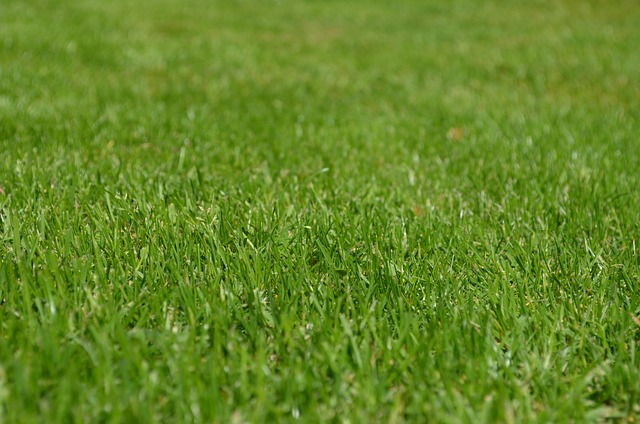
Weed control is a vital aspect of effective lawn care services, ensuring your yard remains a lush and inviting space. Understanding the various methods available is key to achieving optimal results. One popular approach involves manual removal, which requires careful inspection and targeted pulling or cutting of weeds before they go to seed. This method is ideal for small, contained areas but can be labor-intensive.
For larger lawns, integrated pest management (IPM) offers a more comprehensive strategy. IPM incorporates multiple techniques, such as selective herbicides, where specific weed types are targeted without harming desired grass species. Cultural control methods like proper mowing heights and timely watering also play a significant role in suppressing weed growth. Combining these tactics provides sustainable weed control, promoting a healthy lawn that requires less maintenance over time.
The Role of Lawn Care Services in Effective Pest Management
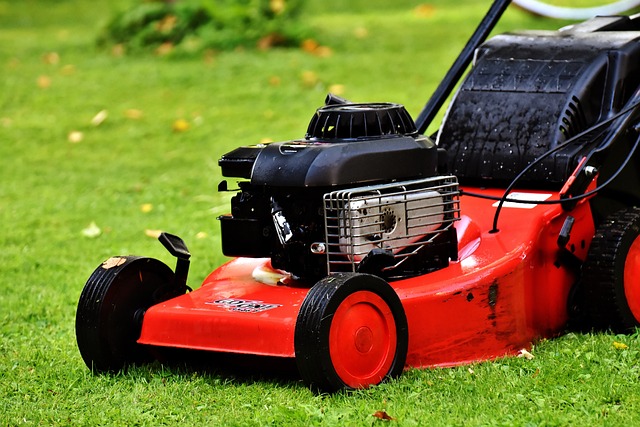
Lawn care services play a pivotal role in effective pest management, offering specialized expertise and tailored solutions for maintaining lush, healthy grass and landscapes. These professionals are equipped with the knowledge and tools to identify various weeds and pests, implementing strategic control measures that go beyond traditional methods. By employing integrated pest management (IPM) approaches, lawn care services integrate biological, cultural, mechanical, and chemical tactics to minimize the use of harmful pesticides and foster a balanced ecosystem.
Through regular maintenance, including precise mowing heights, watering schedules, and targeted applications of fertilizers, lawn care services create an environment that strengthens grass against weeds and pests. Their access to advanced equipment and eco-friendly products enables them to efficiently remove unwanted vegetation, prevent pest infestations, and promote overall turf health. Additionally, these services provide ongoing monitoring and consultation, ensuring proactive measures are taken to address emerging issues before they escalate, contributing significantly to the long-term sustainability and aesthetic appeal of residential or commercial properties.
Integrated Pest Management: A Holistic Approach for Your Yard
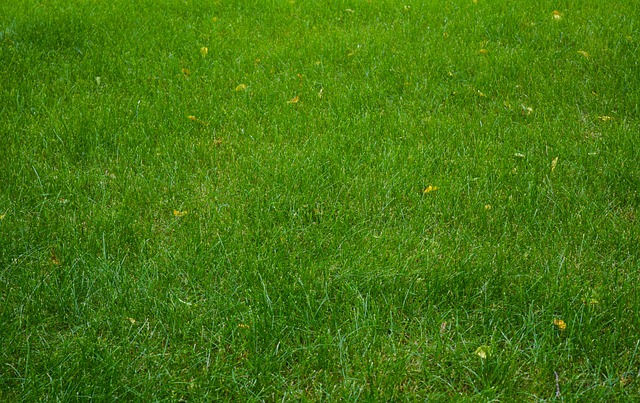
Integrated Pest Management (IPM) is a holistic approach to lawn care services that focuses on the balance between controlling pests and preserving the health of your yard’s ecosystem. Instead of relying heavily on synthetic chemicals, IPM utilizes a combination of methods, including cultural, biological, and chemical controls, to manage pests effectively while minimizing environmental impact. By understanding the unique needs of your lawn and the life cycles of pests, you can create an optimal environment that discourages pest activity.
This approach encourages the use of beneficial insects and plants to naturally control pests, along with regular monitoring and maintenance practices. Lawn care services adopting IPM principles aim to reduce the reliance on harmful pesticides, ensuring a safer and more sustainable yard for both residents and local wildlife. It’s an effective strategy that promotes long-term health and resilience in your lawn, making it better equipped to withstand pest pressures.
Organic Solutions for Weed and Pest Control: Environmentally Friendly Options
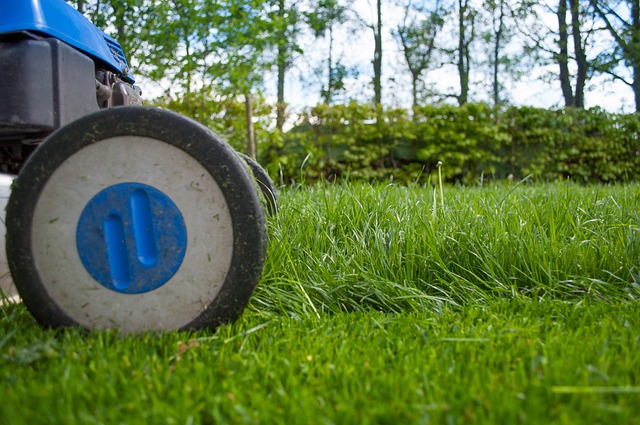
In the quest for a lush, healthy lawn, many homeowners turn to organic solutions for weed and pest control. These environmentally friendly options offer a sustainable approach to lawn care services, minimizing the use of synthetic chemicals often associated with traditional pest management. Organic methods harness the power of natural substances like plants, minerals, and beneficial insects to create a balanced ecosystem where weeds and pests are effectively controlled without causing harm to the environment or your family.
Lawn care services that embrace organic solutions focus on prevention as much as cure. This involves proper lawn maintenance practices such as regular mowing, adequate watering, and fostering a diverse population of beneficial microorganisms. By maintaining a robust and healthy lawn, these services create a natural barrier against weeds and pests, reducing the need for harsh chemicals. Additionally, organic weed killers and pest repellents, derived from elements like garlic, pepper, or neem oil, provide targeted control while remaining safe for pets, children, and local wildlife.
Preventive Measures: Year-Round Lawn Care for Optimal Health
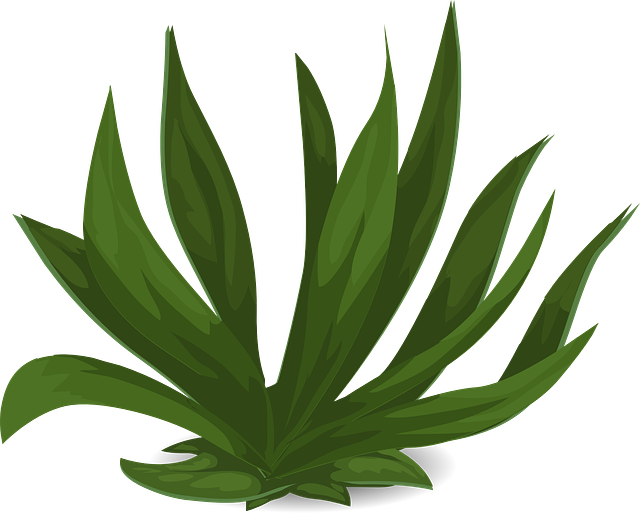
Maintaining a lush, healthy lawn is an ongoing commitment, and one of the best ways to prevent pest issues is through year-round lawn care. Regular mowing, proper watering, and balanced fertilization are essential practices that strengthen grass roots and create a robust defense against weeds and pests. Lawn care services often recommend establishing a consistent routine for these tasks, ensuring no single practice is skipped or neglected.
By keeping grass dense and strong, you create a competitive environment that discourages weed growth. Regularly removing debris and dead leaves also reduces habitats for pests and encourages better air circulation, minimizing the risk of fungal diseases. These simple yet effective preventive measures are often the first line of defense in any comprehensive weed control and pest management strategy, making them an essential component for any homeowner or lawn care service provider.
In conclusion, effective weed control and pest management are essential components of maintaining a healthy lawn. By understanding various methods, adopting integrated pest management strategies, exploring organic solutions, and implementing preventive measures, homeowners can achieve optimal lawn health with the help of professional lawn care services. These practices not only ensure a lush and vibrant yard but also contribute to environmental sustainability.
